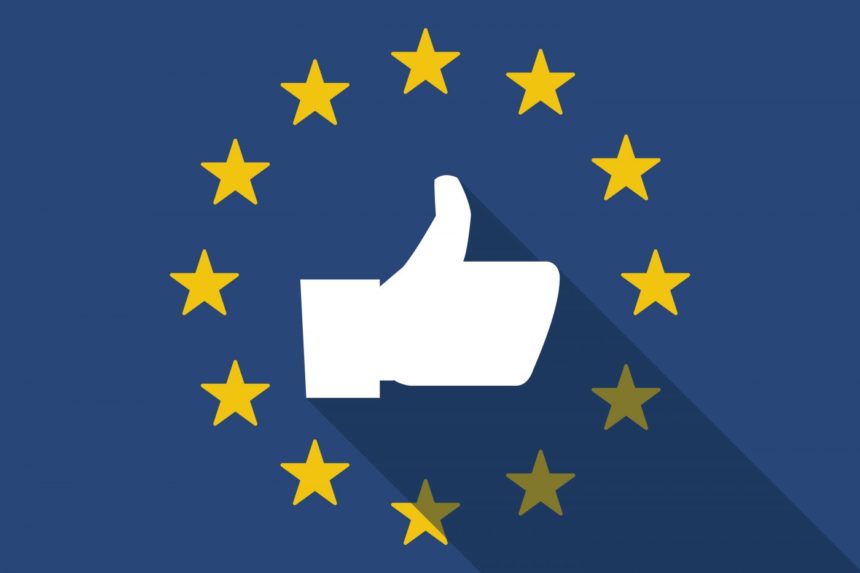This post was originally published on this site
The European Commision has converted the conditional approval of Servier‘s Pixuvri (pixantrone) into a standard marketing authorization, allowing the treatment’s use by people with aggressive non-Hodgkin’s B-cell lymphoma whose cancer has returned or has not responded to other chemotherapies, the company announced.
Pixuvri is a chemotherapeutic agent that interferes with DNA synthesis, preventing cancer cells from dividing and eventually causing them to die. It is manufactured by CTI Biopharma and commercialized by Servier.
The European Commission granted conditional approval to Pixuvri in 2012 as a therapy for aggressive relapsed or refractory non-Hodgkin’s B-cell lymphoma — one of the most challenging types of lymphoma to treat. That conditional approval was based on results from the PIX301 Phase 2 clinical trial (NCT00088530), which showed that Pixuvri was more effective than chemotherapy at eliminating traces of tumor — 20% complete responses versus 5.7% among patients receiving single chemotherapy agents.
The trial included 140 participants who had failed at least two prior lines of therapy. Only half had received prior Rituxan (rituximab).
To convert its conditional approval into a full marketing authorization, the EC asked Servier to provide data regarding the efficacy of Pixuvri in patients who had already received Rituxan.
Thus, the PIX306 Phase 3 clinical trial (NCT01321541) compared the effects of a combination of Pixuvri and Rituxan to that of Rituxan and the chemotherapy gemcitabine in people with lymphoma who had received at least one prior line of treatment, including Rituxan.
The study did not meet its primary endpoint of showing that the Pixuvri combination was more effective than the gemcitabine one. However, individuals treated with Pixuvri, who had received two or more prior lines of therapy, had overall survival, and progression-free survival — the time patients live without disease worsening — similar to those observed in the POIX301 trial. These results indicated that the therapy might succeed where others have failed.
Based on these results, the European Commission granted marketing authorization, which is not subjected to specific obligations. The authorization is initially valid for five years, and can be renewed for unlimited validity.
“There are limited treatment options for multiply relapsed or refractory aggressive non-Hodgkin B-cell lymphoma,” Pier Luigi Zinzani of the University of Bologna Institute of Hematology and Medical Oncology, said in a press release. “Pixuvri has demonstrated efficacy in late stage disease, and the [European Commission’s] approval confirms Pixuvri as a treatment option for these patients.”
“At Servier, we work diligently to develop and deliver medicines that address critical unmet medical needs in diseases such as multiply relapsed or refractory aggressive non-Hodgkin lymphoma,” said Patrick Therasse, head of Servier research and development oncology.
“Paxuvri has been benefitting patients since its conditional approval in 2012, but today’s decision brings reassurance to patients and clinicians that this medicine remains a relevant treatment option in this indication,” he said.
The post Pixuvri Gets Full Approval in Europe for Aggressive Non-Hodgkin’s B-cell Lymphomas, Servier Announced appeared first on Lymphoma News Today.
The post Pixuvri Gets Full Approval in Europe for Aggressive Non-Hodgkin’s B-cell Lymphomas, Servier Announced appeared first on BioNewsFeeds.


